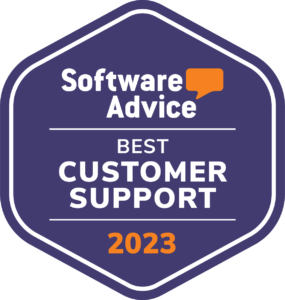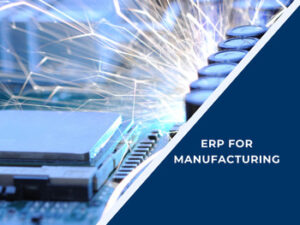Supply Chain Integration with ERP
A well-integrated supply chain is vital for businesses aiming to remain competitive. It ensures seamless coordination between procurement, manufacturing, inventory, and distribution. ERP systems play a key role in achieving supply chain integration by providing a unified platform that connects all these processes.
What is the Meaning of Supply Chain Integration with ERP?
Supply chain integration involves aligning and linking all components of the supply chain to work cohesively. With an ERP system, businesses can synchronize supply chain activities, improving communication and collaboration among suppliers, manufacturers, and distributors.
What Are the Advantages and Disadvantages of Supply Chain Integration with ERP?
Advantages
1. Enhanced Visibility: Real-time tracking of inventory, orders, and shipments.
2. Improved Coordination: Streamlines communication between stakeholders.
3. Cost Efficiency: Reduces waste and optimizes resource utilization.
4. Demand Forecasting: Predictive analytics help in planning for future demand.
Disadvantages
1. High Setup Costs: Implementation can be expensive for smaller businesses.
2. Dependency on Accuracy: Data inaccuracies can disrupt the entire supply chain.
3. Complexity: Requires meticulous planning and expert management during setup.
What Are the Benefits of Supply Chain Integration with ERP?
1. Streamlined Operations: Integrated systems reduce delays and inefficiencies.
2. Better Customer Service: Faster order fulfillment leads to higher satisfaction.
3. Scalability: Supports growing supply chain complexities as the business expands.
4. Risk Management: Identifies potential bottlenecks and risks in advance.
Conclusion
ERP systems enable businesses to integrate and streamline their supply chain processes effectively. By ensuring real-time visibility and better coordination, ERP solutions help businesses reduce costs, enhance efficiency, and stay competitive in an ever-changing market.







